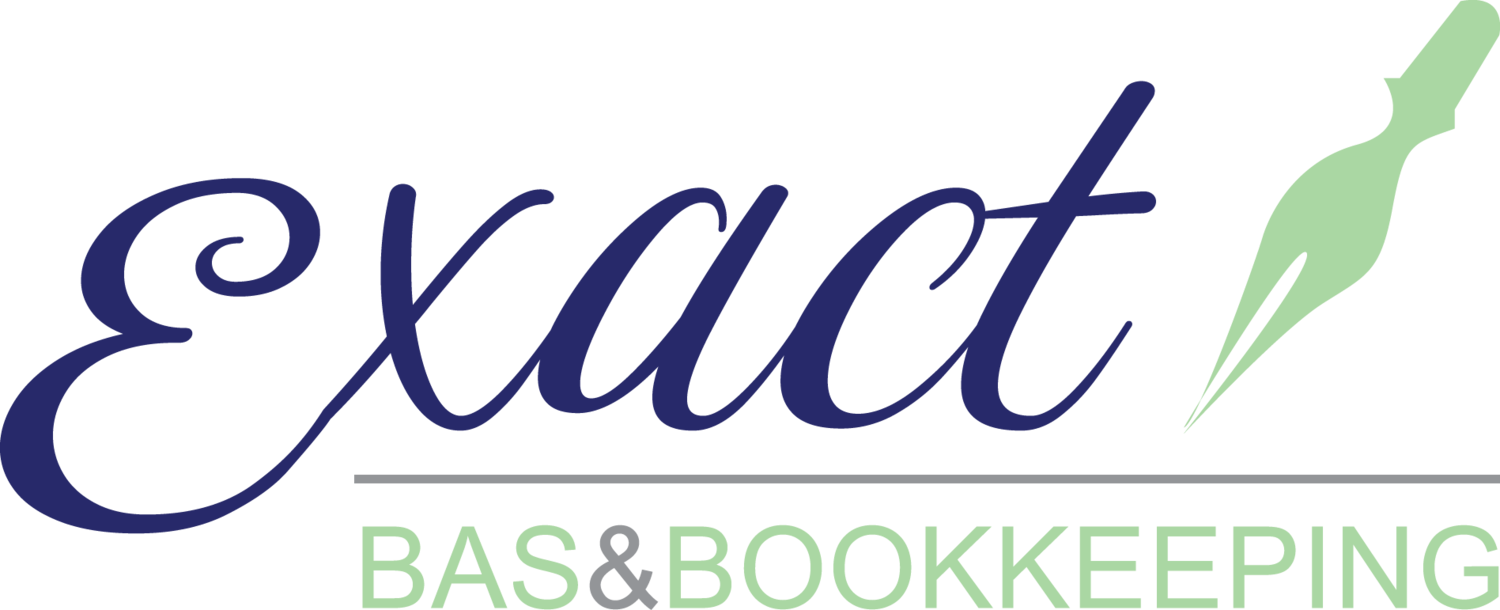Superannuation 🔥Hot Tips🔥for EOFY
Pay Your Super!!
We all know that Super is one of those pesky expenses that many Employers don’t like paying, but legally, it has to be paid.
But did you know that failure to pay superannuation on time results in fines and penalties, regardless of the reason for late payment?
Some common reasons that Superannuation Payments can be late include:
❌ Incorrect Employee Superannuation Details.
To avoid payments bouncing due to incorrect superannuation details, having your Employee complete their superannuation choice form before their employment commences is best. This provides enough time for the employee to find their details (if they are unsure). It also means that if they do not provide Superannuation Details, the Employer (or bookkeeper/payroll officer/accountant - whoever lodges payroll and super) has enough time to obtain the Employees Stapled Fund from the ATO.
✅ The solution?
Ensure your employees’ superannuation details are correct by asking them to supply you with their Funds USI. Many funds have multiple types available; take AMP, for example; without the specific AMP fund USI, it is nearly impossible to determine the correct fund.
❌ Insufficient Funds.
When using Auto-Super functions, it is essential to make sure that you have sufficient funds in your business bank account to cover your superannuation payments.
❌ Not leaving enough time for funds to clear.
Superannuation is deemed unpaid until the funds hit the employee’s Super account. This means that payments leaving your business account on the due date will not have time to hit the accounts and will be late.
✅ The solution?
Process your superannuation payments regularly; after each pay run is best practice. Alternatively, process super on the first of each month to ensure funds have sufficient time to clear. Make this a habit, and you will never have a late payment issue again!
What happens if a superannuation payment is late?
Suppose a superannuation payment is missed, or one of the above late payment issues occurs. In that case, you must complete a “Superannuation Guarantee Charge Statement” (SGC Statement) lodged to the ATO. This Statement advises the period in which the payment was missed or late, the employees it relates to and how much has been paid towards the missed or late payment. The ATO calculates interest and administration charges on these amounts that must be paid.
On top of interest and fees, late super is not claimable as a tax deduction at EOFY…. ever!
🚨 Don’t Forget 🚨
The Minimum Superannuation Guarantee amount increases on
1st July 2023
Come 1st July 2023, the minimum Superannuation payable will increase from 10.5% to 11%.
This includes wages related to a June 2023 period with a July payment date.
🔥 Be sure to get the most out of your Superannuation Payments! 🔥
To ensure you can get the most out of your Superannuation payments, it is recommended that you pay your June super as soon as practicable, preferably before 30 June, so that you can maximise your EOFY tax deductions.
You should also speak with your Accountant for tax advice surrounding personal contributions, how much you can contribute and the process to claim your contributions as a tax deduction.
